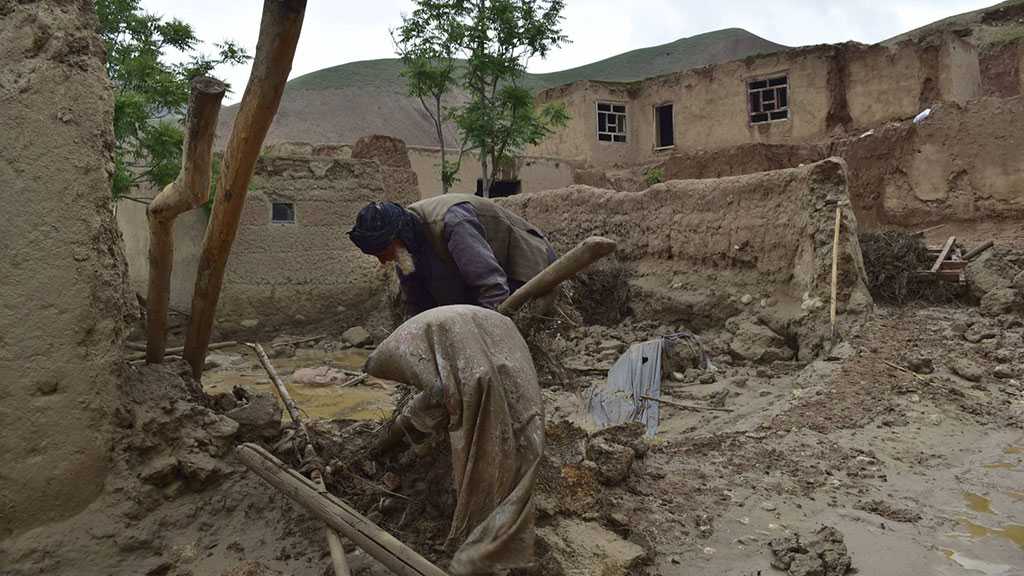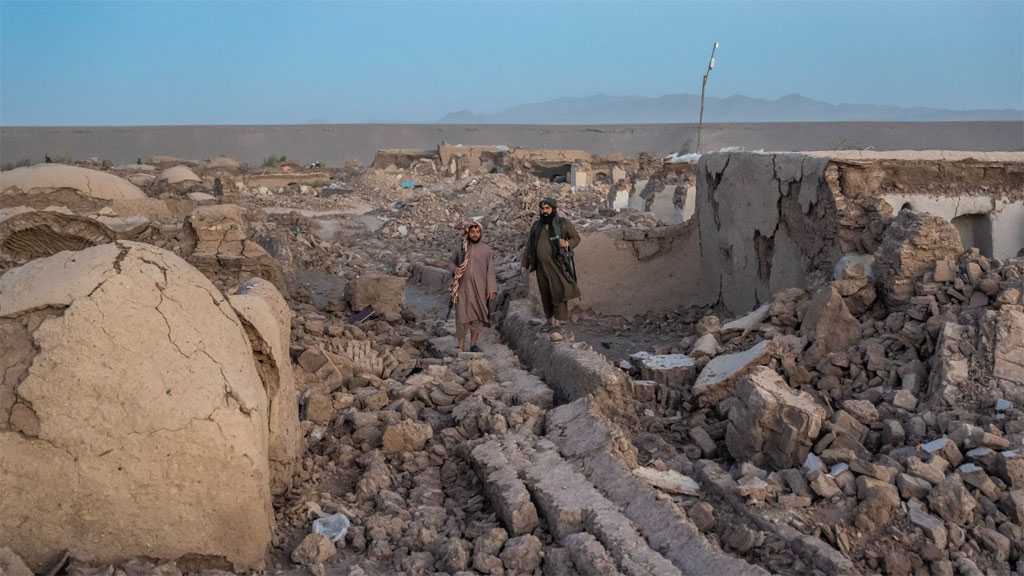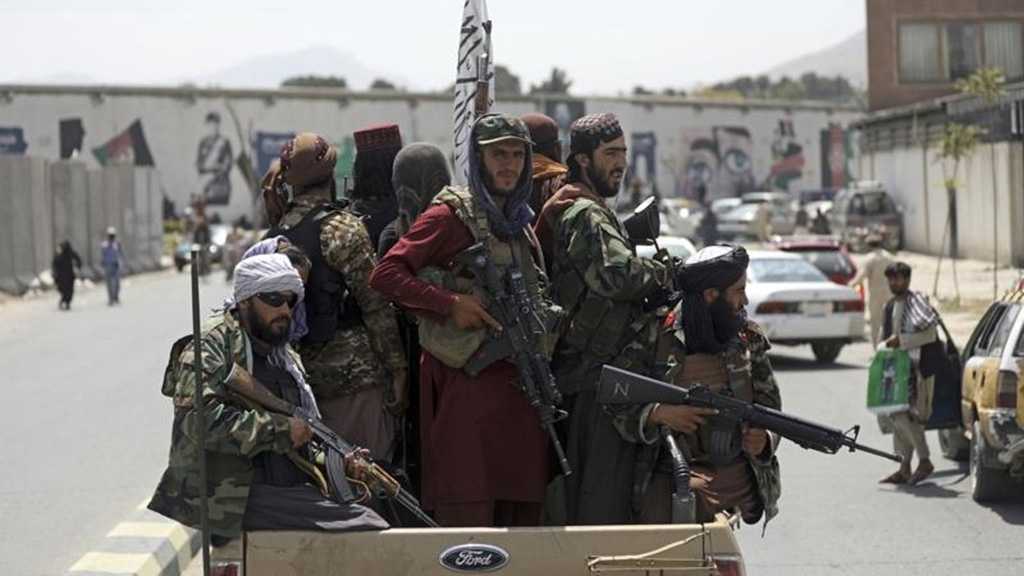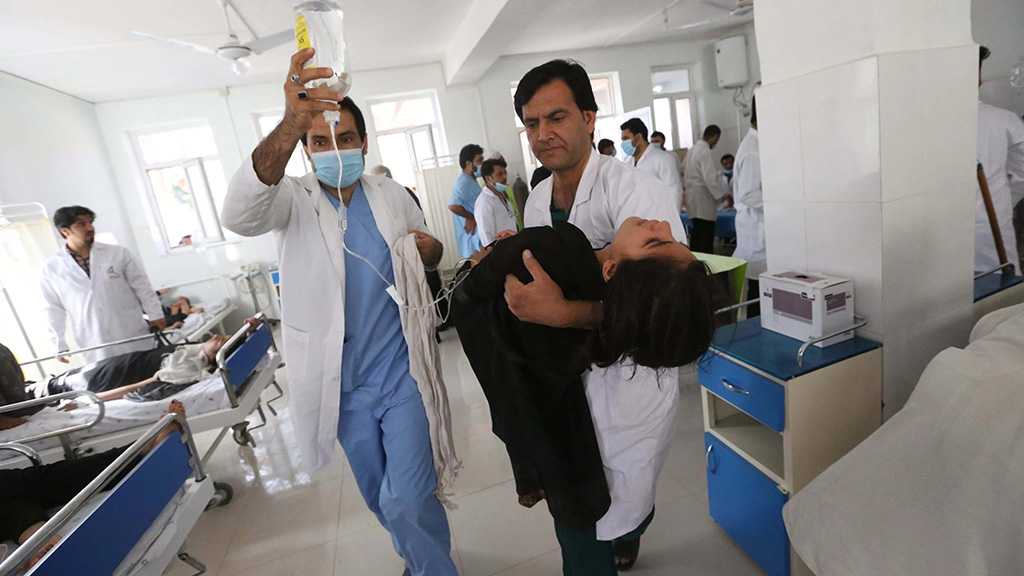
Australian Special Forces Involved in Murder of 39 Afghan Civilians - Report
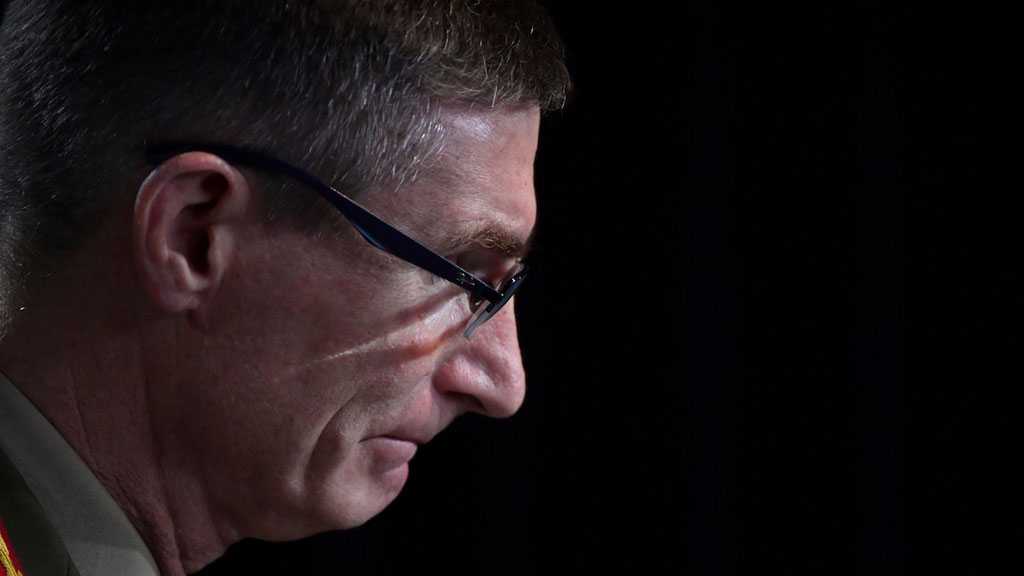
By Staff, Agencies
Australian special forces were involved in the murder of 39 Afghan civilians, in some cases executing prisoners to “blood” junior soldiers before inventing cover stories and planting weapons on corpses, a major report has found.
For more than four years, Major General Justice Paul Brereton investigated allegations that a small group within the elite Special Air Services and commandos regiments killed and brutalized Afghan civilians, in some cases slitting throats, gloating about their actions, keeping kill counts, and photographing bodies with planted phones and weapons to justify their actions.
The findings of Brereton’s report, released on Thursday, are confronting and damning.
Brereton described the special forces’ actions as “disgraceful and a profound betrayal” of the Australian Defense Force.
The report found:
• Special forces were responsible for dozens of unlawful killings, the vast majority of which involved prisoners, and were deliberately covered up.
• Thirty-nine Afghans were unlawfully killed in 23 incidents, either by special forces or at the instruction of special forces.
• None of the killings took place in the heat of battle, and they all occurred in circumstances which, if accepted by a jury, would constitute the war crime of murder.
• All the victims were either non-combatants or were no longer combatants.
• A total of 25 perpetrators have been identified either as principals or accessories. Some are still serving in the ADF.
In all cases, the report finds it “was or should have been plain that the person killed was a non-combatant”. The vast majority of victims had been captured and were under control, giving them the protection under international law.
Some of the incidents described in the report are deeply troubling. Evidence suggests junior soldiers were instructed by their superiors to execute prisoners in cold blood as part of a “blooding” process to give them their first kill.
“Typically, the patrol commander would take a person under control and the junior member … would then be directed to kill the person under control,” the report found. “‘Throwdowns’ would be placed with the body and a ‘cover story’ was created for the purposes of operational reporting and to deflect scrutiny.”
The chief of the ADF, General Angus Campbell, promised to act on the Brereton report’s “shameful”, “deeply disturbing” and “appalling” findings about the conduct of Australian special forces.
Campbell said he accepted all 143 recommendations, including referring individuals to the office of the special investigator to consider potential criminal cases, because it was his duty “to set things right”.
He also foreshadowed changes to the army’s organizational structure and a review into honors and awards. In the meantime, the meritorious unit citation awarded to Special Operations Task Group rotations serving in Afghanistan between 2007 and 2013 will be revoked.
